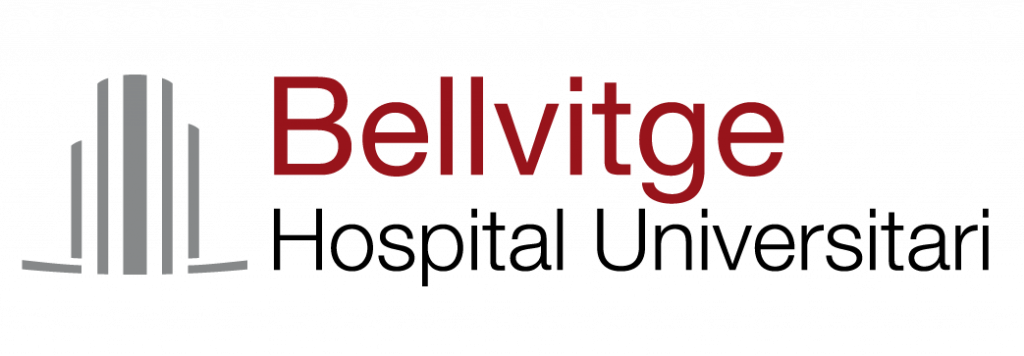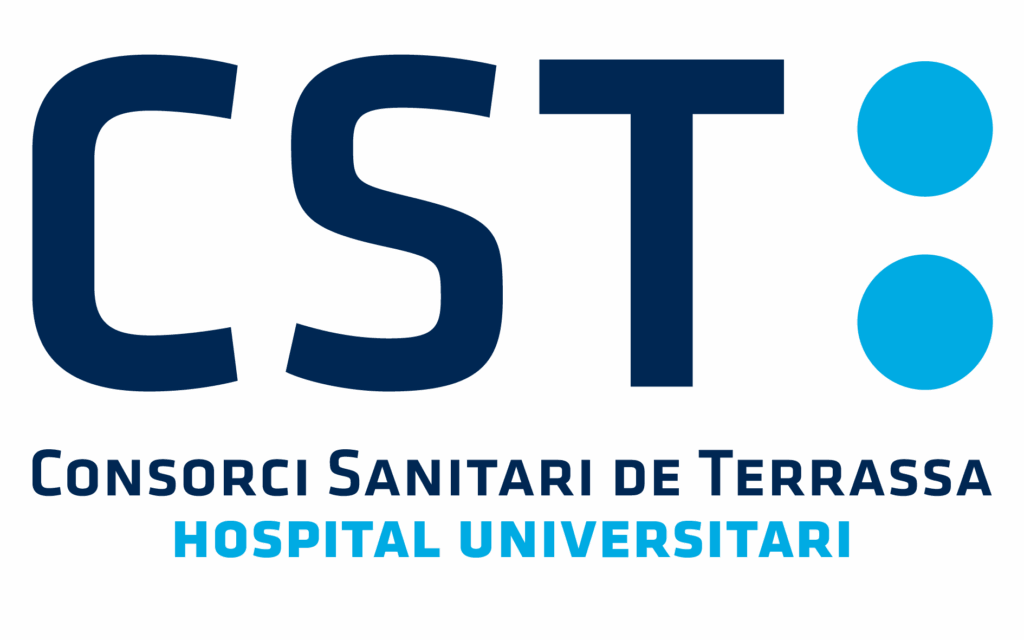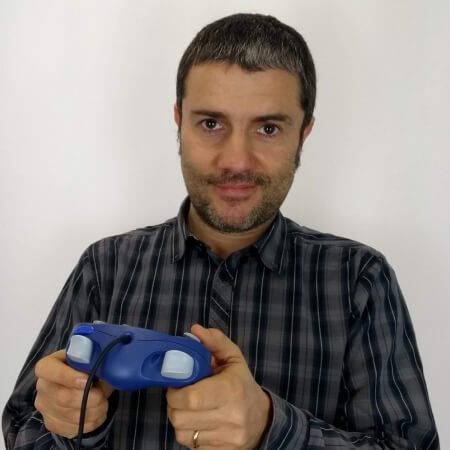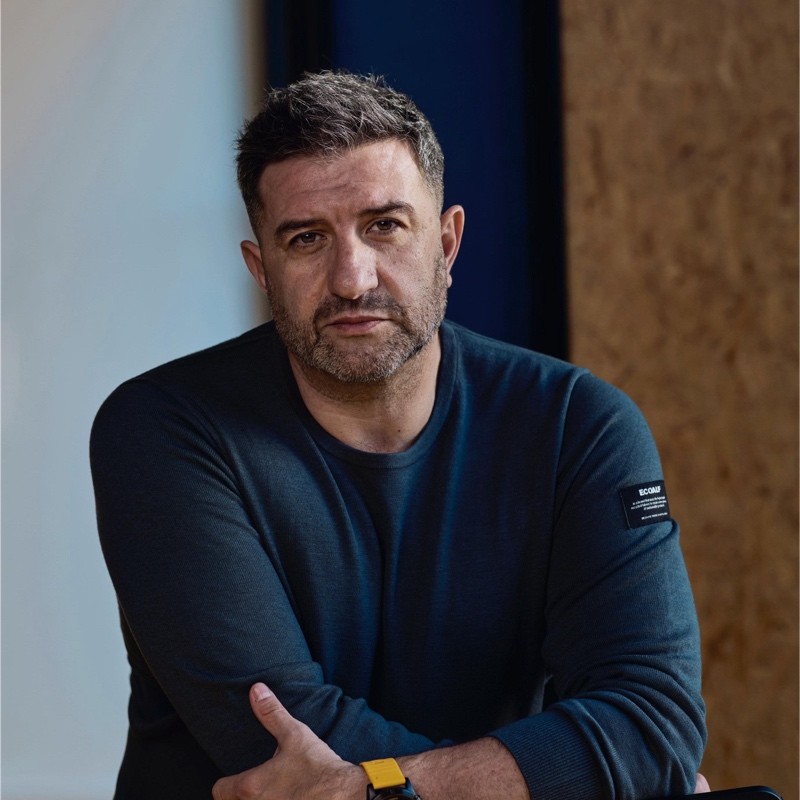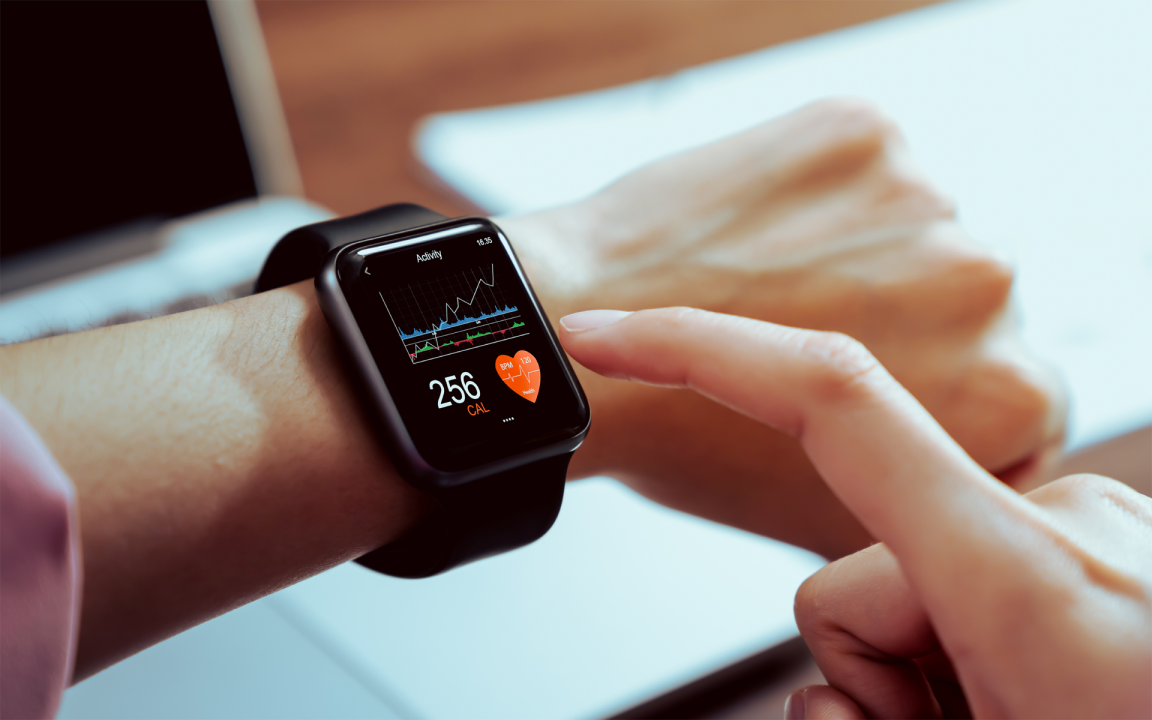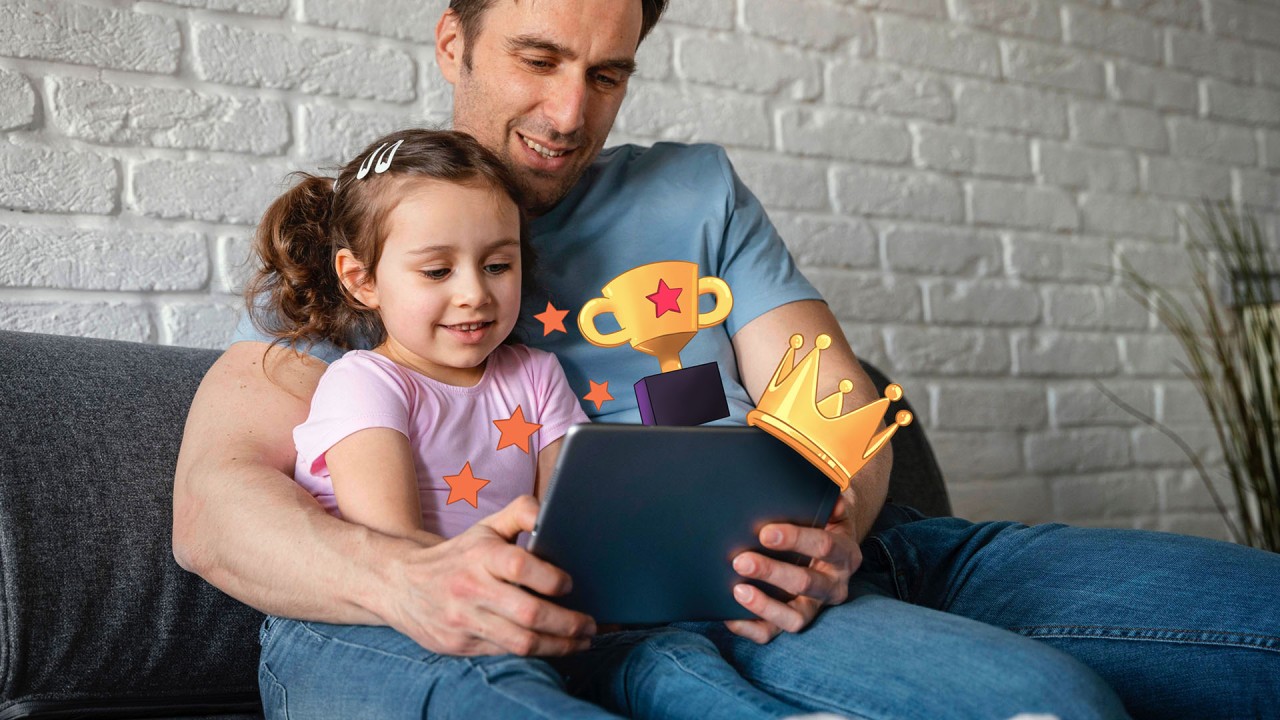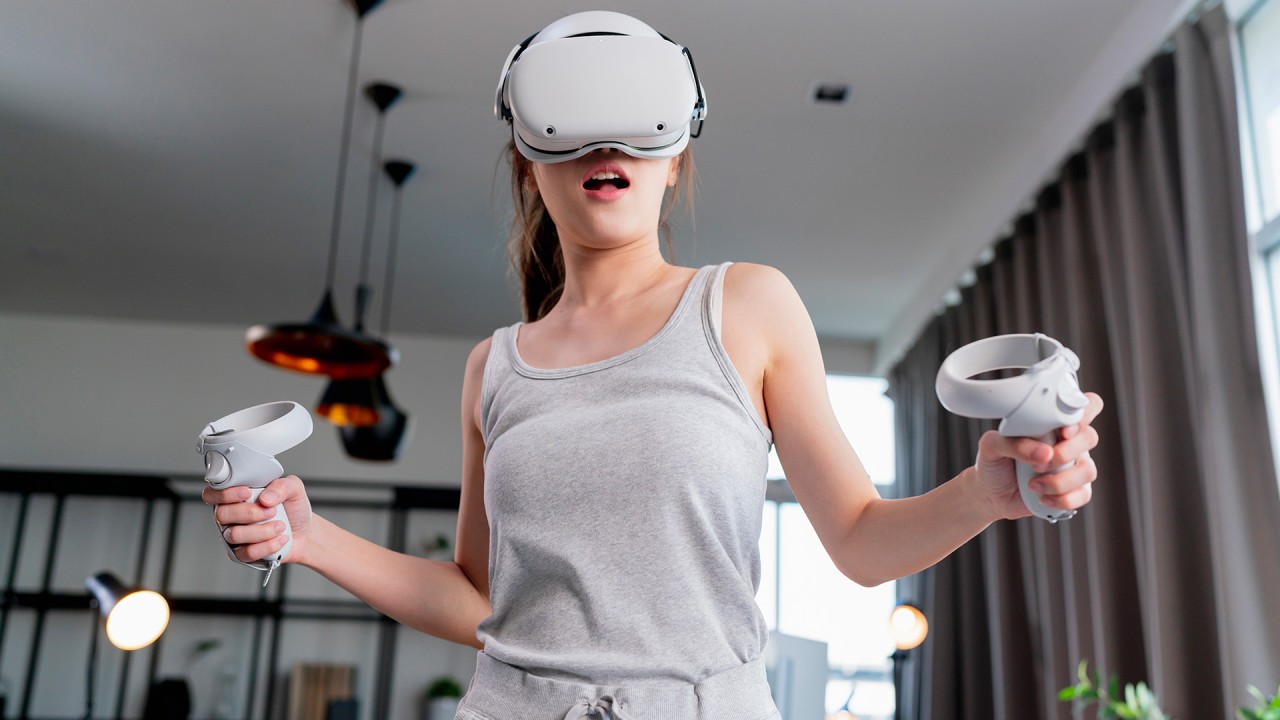The Health Games Incubator
3rd EDITION · 2025
Design and implement applied game experiences that improve motivation and adherence to treatment.
Registration open until 10 August.
Don't miss the second edition's DemoDay!
💫 We held the second edition of the Serious Games Lab incubation program with a Demo Day at Tech Barcelona's Pier07. The 3 incubated projects presented their major advances in front of an auditorium full of professionals from the #health sector.
Serious Games
The aim is to move people to action and better focus adherence to treatment.
Applied in health increase people's motivation, whether in an internal context (health profile) or external (patient profile) and help to transfer and educate in order to achieve a positive behavioural change and from their own will.
Serious Games Lab
Serious Game Lab is the incubator that will help you create a serious game based on a health need. You will be able to put it into practice with a pilot in a real healthcare environment.
Improve people's motivation.
Communicate and educate better in health.
Empower and work towards adherence to treatment.
Entrepreneur via health promotion services.
And in short, to promote the improvement of the quality of life
Who are we looking for?
Teams interested in starting a business with their product or service in health from a Serious Game perspective. These are some of the profiles that we think may fit better:
Health professionals
Managers
Consultants
Administrators
Promoters
Students/Teachers
Entrepreneurs
Therapists
Developers
...and in the end, any team interested in undertaking projects to improve health.
Testimonials
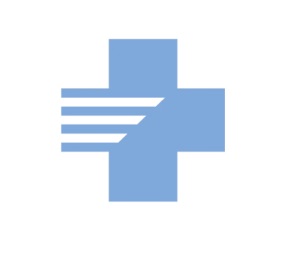

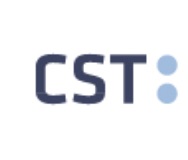
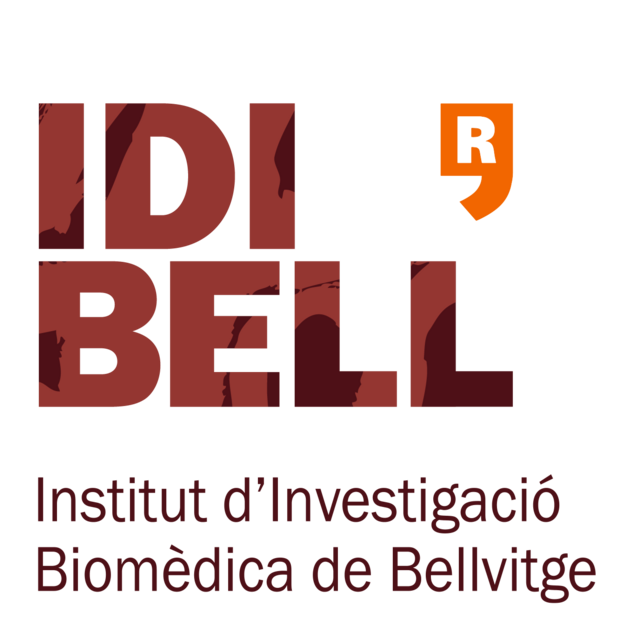
Program phases
Until Aug 10
1. Selection
Applicants must submit their applications and the selection committee chooses the winners.
Sep 1
2. Audit
Sep 15
3. Pilot
Dec 16 2025
4. Final Pitch
What will you get?
Accompaniment to develop a Serious Game prototype in health and offer the possibility of piloting it in a real environment.
Networking between providers, private sector companies, non-profit groups and the academic-scientific sector.
Training and mentoring on appropriate strategies for the design, implementation and evaluation of Serious Games in health for the problems detected.
Challenges
We will publish the specific challenges shortly. Likewise, we will have an open category so we encourage you to participate with any medical-health idea.
Train families and caregivers in self-care of complex chronic pediatric patients
How can we better empower families to care for children with complex chronic illnesses, doing so in a participatory and playful way?
The challenge is to develop a gamified solution that helps families and caregivers acquire, reinforce and put into practice knowledge related to home care of pediatric patients with chronic diseases.
The goal is to make this learning more enjoyable and accessible, encouraging the active involvement of caregivers and, if possible, also of the young patients. With the support of the Palliative Care and Complex Chronic Patient Service team, we want to transform a critical need into a positive and educational experience.
Promoting healthy eating habits in children (3-14 years old)
How can we promote healthy eating in families with children, through a video game or a gamified experience?
Nutrition is essential for the healthy development of children. Through an interactive game, we want to transform recommendations such as those in the “Small changes to eat better” of the Public Health Agency of Catalonia, into concrete, visual and fun actions that can be applied at home. The challenge is to create a digital resource that allows families to learn, propose challenges, share recipes and generate collective motivation to incorporate healthier habits into their daily lives.
Improve the onboarding of dialysis patients
How can we facilitate the adaptation process of patients starting dialysis treatment, through an educational and accessible game?
Starting dialysis can be a difficult time for patients and families: there are many changes, complex terminology and a high emotional impact. This challenge seeks to design a gamified experience that helps to understand the treatment from the first day, reduces anxiety, promotes therapeutic adherence and improves communication with the medical team. The game must be understandable, motivating and adapted to different age profiles and digital levels. The goal: to make the dialysis journey more human, understandable and participatory.
Rediscovering cross-cutting values for healthcare professionals
Com podem promoure la reflexió i el reforç dels valors essencials en l’àmbit de la salut a través d’un joc significatiu i participatiu?
The pressure of care and routine can disconnect healthcare professionals from the most vocational and human dimension of their work. This challenge proposes developing a serious game aimed at healthcare teams that allows them to rediscover transversal values such as empathy, compassion, respect, responsibility and the humanization of care. The experience must present everyday situations and/or ethical dilemmas where decisions have an impact on patients, teams and the environment. The game’s capacity to generate awareness, promote dialogue and offer spaces for meaningful learning will be assessed. The objective is to accompany professionals in a process of reconnecting with the deep meaning of their profession.
Emotional self-care and anxiety management in healthcare professionals
Com podem oferir un recurs lúdic i transformador que ajudi els equips sanitaris a gestionar l’ansietat i cuidar el seu benestar emocional?
Studies such as MindCOVID show that anxiety affects almost half of healthcare workers. It is time to normalize emotional management. This challenge proposes the creation of a serious game focused on emotional ventilation and anxiety management, which provides practical tools to recognize emotions, express them safely and learn strategies to regulate them. The game must incorporate validated psychological techniques such as emotional identification, assertive communication, active listening, conscious breathing or management of distorted thinking. The objective: to reduce symptoms, strengthen awareness and resilience, and emphasize that taking care of yourself as professionals is an act of responsibility, and also of humanity.
OPEN CHALLENGE
Any situation that you want to deal with in Health from the Serious Games for Health.
Mentors
Offer training and mentoring on appropriate strategies for design, implementation and evaluation.
Open Registration
Registration open until 10 August.
First edition projects
Punto Health
Novelingo
KitCo
ICS Catalunya Central
Requirements
- Justification of the originality of the solution.
- Assessment of indicators and measurements that provide measurement and evidence.
- Viability in terms of adherence to treatment.
- Scalability of the solution.
- Realism of the solution and applicability.
- Diversity in the team.
- Consistency of the team.
- Expertise (health).
- Connection with the specific audiences that have been identified.
- Connection with the needs detected in health.
- Level of evolution of the initial product.
- Viability of the model.
- Presentation of a market analysis.
A project of

With the support of


